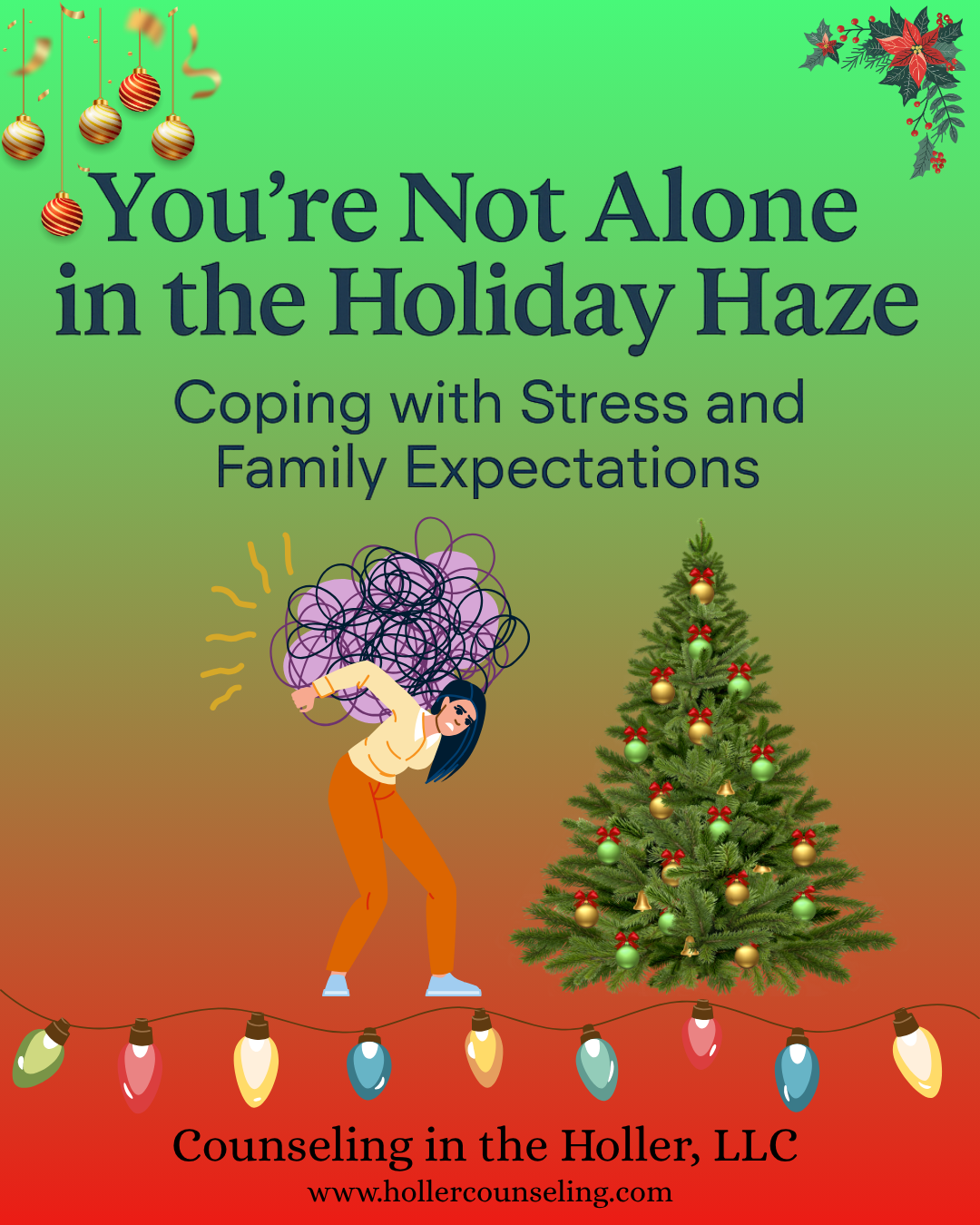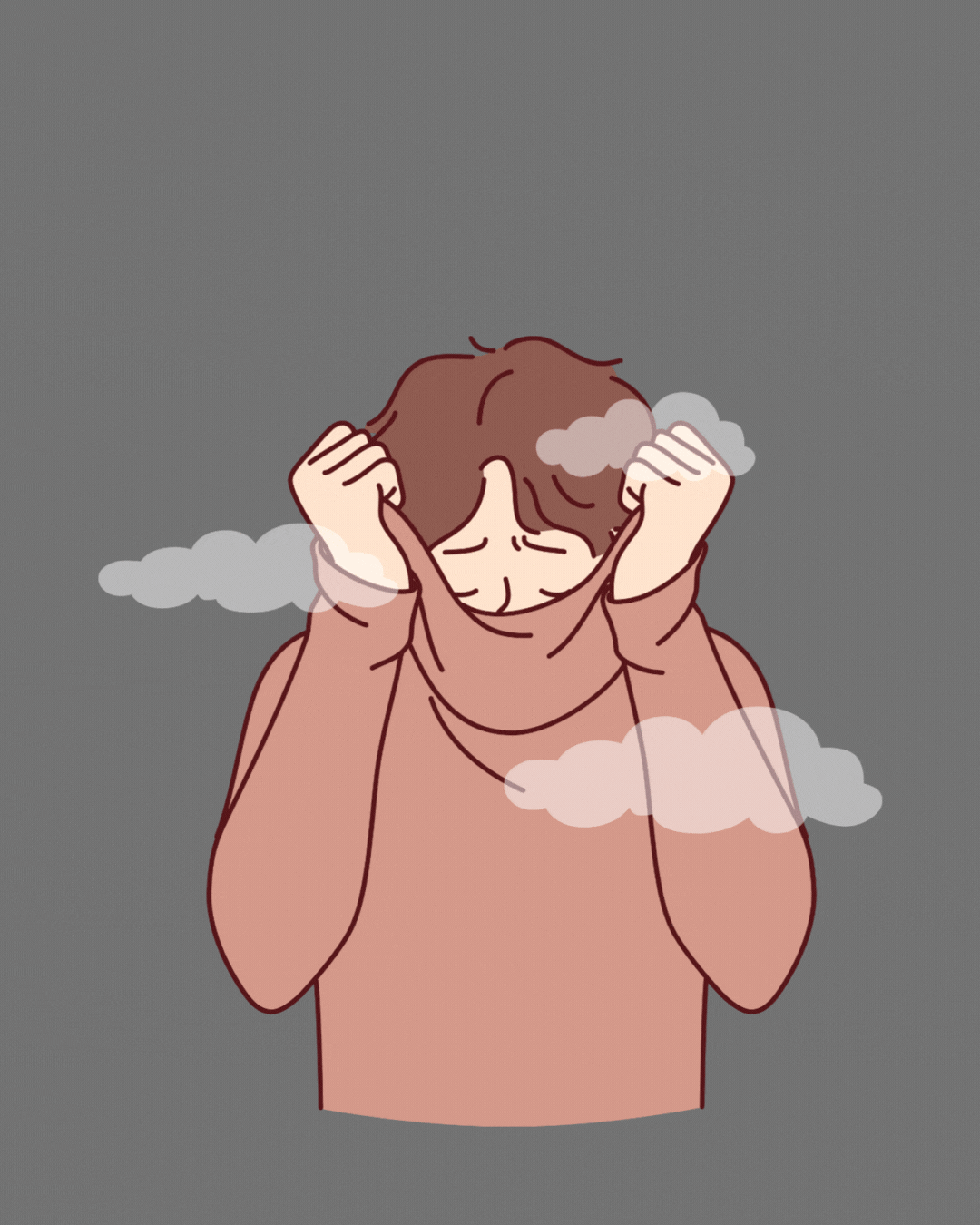
Resentment: How It Weighs on Your Heart and How to Begin Letting It Go
Resentment can quietly damage your mental health, relationships, and overall well-being. Whether it stems from betrayal, unmet expectations, unresolved conflict, or feeling unappreciated, holding onto resentment often leads to chronic stress, emotional distance, anxiety, and burnout. Many people don’t realize that unresolved resentment keeps the nervous system stuck in survival mode, making it harder to trust, communicate, and feel at peace.
In this blog, you’ll learn how to identify hidden resentments, understand how they impact your emotional health, and begin working toward acceptance and forgiveness in a healthy, realistic way. We’ll walk through practical, therapist-recommended steps for processing anger, setting boundaries, reducing rumination, and rebuilding emotional freedom, without minimizing your pain or excusing harmful behavior.
If you’re feeling stuck in bitterness, tension, or emotional exhaustion, this guide offers compassionate tools to help you move forward.

Beyond New Year’s Resolutions: How Intentions Create Change That Actually Lasts
Every January, many of us feel a powerful surge of motivation, a sense that this is finally the moment things will change. We call this the fresh-start effect, and it’s very real. Unfortunately, so is the disappointment that often follows.
Traditional New Year’s resolutions rely on rigid rules and all-or-nothing thinking. When life inevitably interrupts, one slip-up can feel like total failure. Over time, this cycle can lead to frustration, shame, and the belief that change just isn’t possible.
But lasting growth doesn’t require perfection, it requires direction.
By shifting from rigid resolutions to flexible intentions, focusing on approach-based goals, and using supportive tools like “if–then” plans, we can create change that is sustainable and compassionate. Writing a letter to your future self can further deepen this process, helping you reconnect with your values and notice growth that’s already unfolding.
Real change isn’t about starting over.
It’s about continuing, gently, intentionally, and with self-trust.

When the Holidays Hurt: Navigating Loss & Family Disowning as an LGBTQ+ Person
The holidays are painted as a season of warmth, family, and togetherness, but for many LGBTQ+ individuals, this time of year can bring up grief, loneliness, or the painful reminder of family rejection. Whether you’re mourning the loss of someone you loved, the end of a relationship, or the ache of being disowned for who you are, the holidays can intensify wounds that never fully healed.
This blog explores compassionate, affirming ways to care for yourself during a season that isn’t always kind, like building chosen-family traditions, setting boundaries that protect your peace, rewriting the stories you were given, and staying connected to people who truly see and love you.
If the holidays feel heavy this year, please know you’re not alone, and there is room for comfort, meaning, and healing right here in the holler.

Tending to the Empty Chair: Navigating Grief and Loss During the Holidays
The holidays are supposed to be merry and bright, but when you’re grieving, they can feel unbearably heavy. Whether you’ve lost a loved one, ended a relationship, or find yourself mourning the life you once knew, this season can bring waves of emotion that catch you off guard.
Grief doesn’t follow a calendar. It doesn’t take time off for carols or lights. And you don’t have to either.
This new blog explores compassionate ways to honor your loss during the holidays, like creating simple rituals of remembrance, giving yourself the gift of choice, writing a letter to your loved one, and leaning on others for support.
If the holidays feel harder than joyful this year, please know you’re not alone. There’s still room for comfort, meaning, and gentle healing in the holler.

You're Not Alone in the Holiday Haze: Coping with Stress and Family Expectations
The holidays aren’t always the picture-perfect scenes we see on TV. For many, they bring a mix of stress, financial worry, family tension, and grief, and that’s okay to admit.
As a Licensed Professional Clinical Counselor, I remind my clients (and myself) that you don’t have to chase perfection to have a meaningful holiday. It’s about setting realistic expectations, holding healthy boundaries, and giving yourself permission to rest and feel what you need to feel.
From mindful “micro-practices” like the Mindful Hand Wash to using the 80/20 Rule to simplify your schedule, this guide offers down-to-earth tools to help you reclaim peace this season, even in the middle of the chaos.
Read the full post on the Counseling in the Holler blog to learn how to manage stress, navigate family expectations, and honor your emotional needs this holiday season.

The Inner Critic vs. the Inner Coach — Rewriting Your Mental Narrator
We all have a voice inside our head, sometimes encouraging, sometimes harsh. The Inner Critic tends to magnify our flaws, shame us for mistakes, and push us with fear. On the other hand, the Inner Coach speaks with compassion, accountability, and encouragement.
The critic isn’t inherently bad; it developed to keep us safe from rejection or failure. But when it dominates, it leaves us stuck in cycles of shame, perfectionism, and self-doubt. Learning to recognize and respond to this voice with your Inner Coach can help you shift from self-sabotage to self-support.
In this blog, we’ll explore common “types” of Inner Critics, the research behind self-compassion, and practical exercises to rewrite your inner script, including journaling prompts, mirror talk, and sensory anchors to help you stay grounded.
Read more to discover how to turn down the critic and strengthen the coach within you.

Untwisting Your Thinking: How Cognitive Distortions Increase Anxiety (And What to Do About It)
“Don’t believe everything you think.”
Cognitive distortions, those sneaky, automatic thought traps, can quietly fuel our anxiety without us even realizing it. In this week’s blog, I break down what cognitive distortions are, how they impact our mental health, and how you can begin to challenge them through tools like thought journaling and cognitive restructuring. Whether you’re brand-new to therapy or just looking for clarity, this post offers practical steps to help you take your thoughts off autopilot.

Undoing the Freeze: How to Reclaim Motivation When You Feel Stuck
Ever sat frozen in front of a task you know is important — and still couldn’t make yourself move?
That feeling of heaviness, foggy thinking, and stuckness isn’t laziness. It’s the freeze response, a biological survival mechanism that can shut down motivation and executive functioning.
In this week’s post, I explore:
Why freeze happens (especially for trauma survivors & folks with ADHD)
How to gently unstick your system using micro-steps and nervous system cues
Two guided exercises: a “Freeze Inventory” and a “First Step Finder”
Why action creates motivation — not the other way around
This isn’t about pushing through — it’s about compassionately supporting your nervous system back into motion. Read more and start practicing small, doable steps that build momentum with kindness, not shame.

Understanding the Window of Tolerance: What It Is and How to Expand Yours
Have you ever felt like your emotions take over or like you’ve completely shut down and can’t engage? This might be your nervous system signaling that you’re outside your Window of Tolerance, the zone where you can think clearly, manage emotions, and respond calmly to life’s challenges.
The good news? With practice, your window can grow. In this post, you'll learn how to recognize when you're outside your window and discover practical exercises to bring yourself back to balance.
Your body isn’t broken, it’s doing its best to protect you. Let's help it feel safe again. 💙

Pride is More Than a Month – Living Authentically Year-Round
As Pride Month ends, it’s important to remember: Pride is more than a month. It’s about living with self-compassion, celebrating joy, and creating affirming spaces year-round. In this post, I share tips and resources to keep the spirit of Pride alive – no matter the season.
